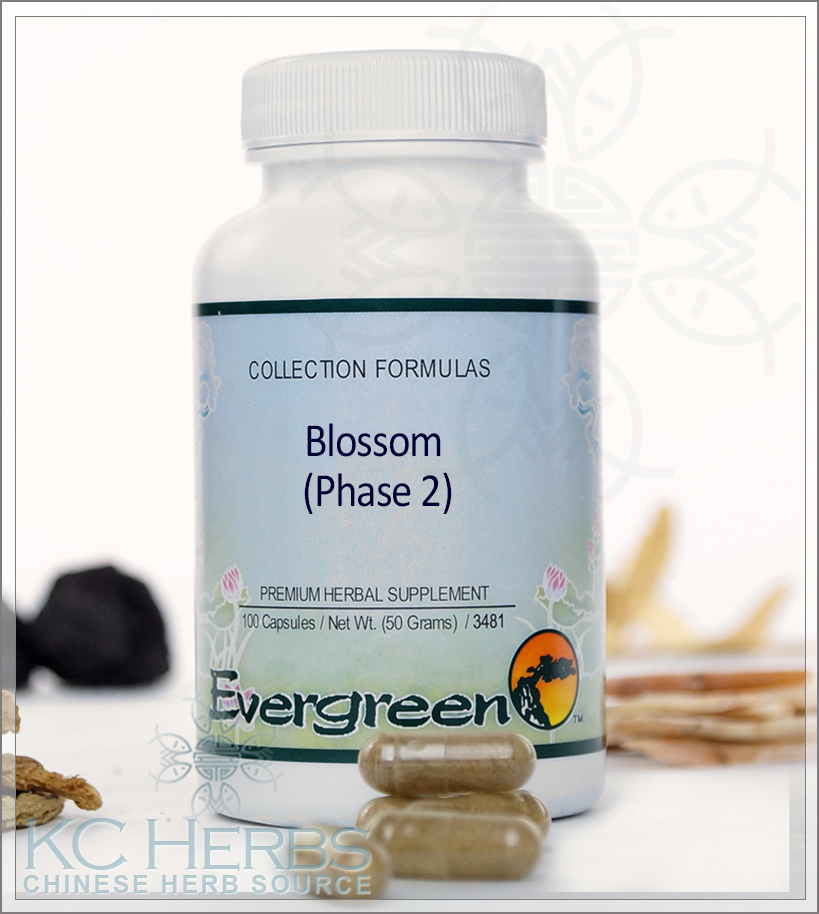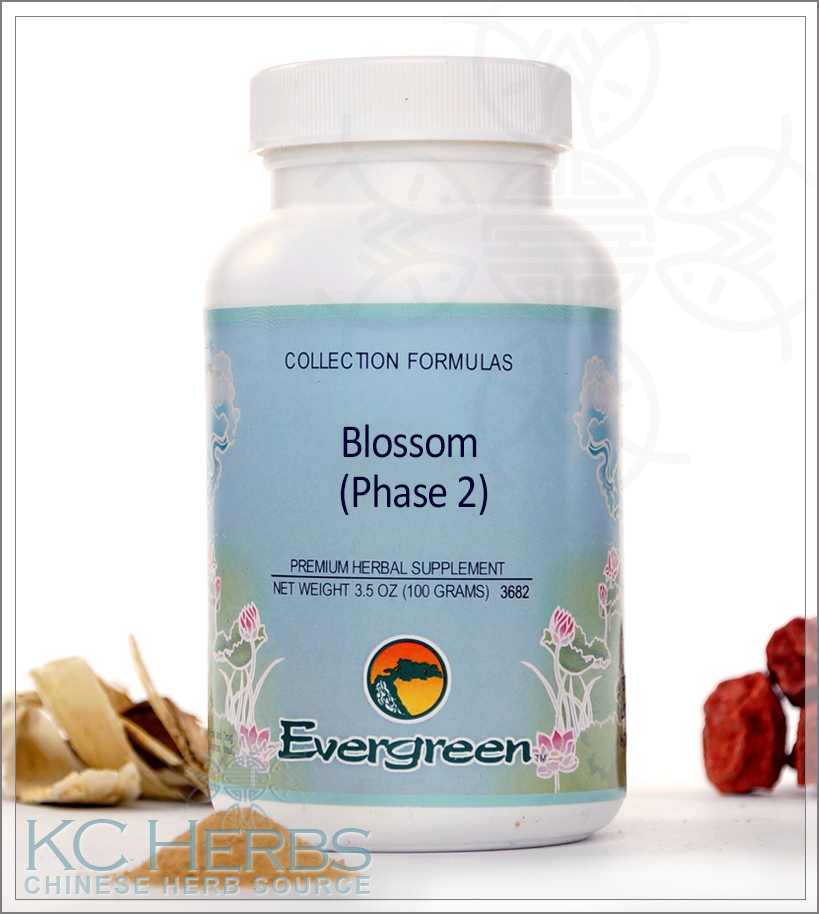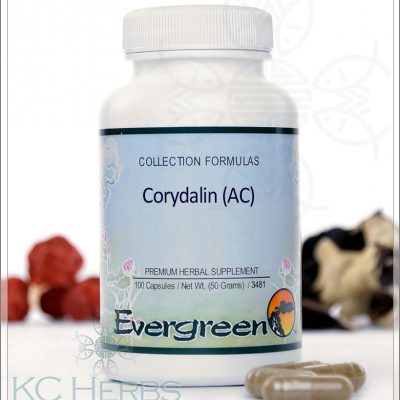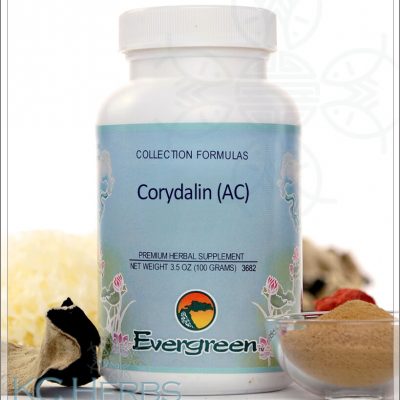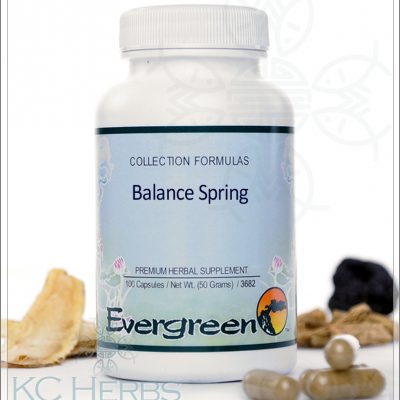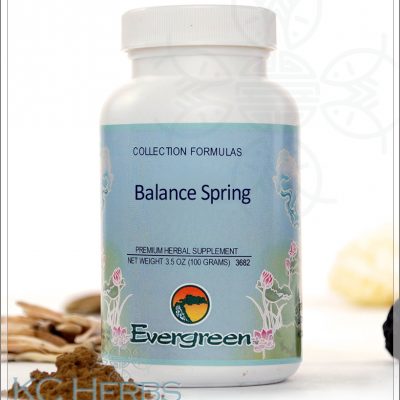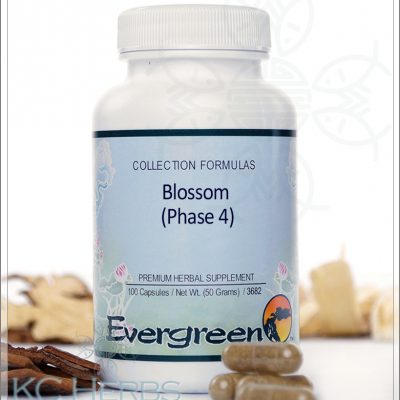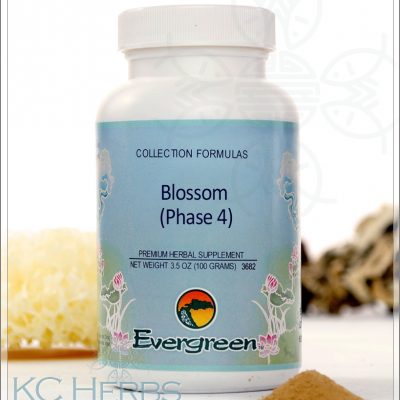Description
Blossom Phase 2
(Blossom Phase 2) – The Follicular phase of the cycle, is the week after finishing menstruation. This is the when the body is working grow that little teeny tiny follicle into what we hope is a nice, juicy, healthy, good, quality egg. During this phase, the hormone estrogen increases, causing the lining or the endometrium of the uterus to thicken in order to receive a fertilized egg should you become pregnant? The increase of another hormone, FSH or follicle-stimulating hormone, stimulates the growth of ovarian follicles. Usually each follicle contains an egg and by late in the follicular phase only a single follicle will remain active. The surge in estrogen which is helping to thicken your endometrium also triggers a spike in yet another hormone called LH or luteinizing hormone. This increase in LH causes the follicle to rupture and release an egg this is the precise moment in which ovulation occurs.
In Chinese medicine the follicular phase of the cycle requires the body to have a strong energy reserves, sufficient supply of blood and body fluids in order to produce a good quality egg. These tend to decline with age, overwork, lack of nourishment, and overexertion over a long period of time. Chinese herbs can be very helpful in managing the symptoms of this pattern.
When looking for a more modern day formula To help tonify the blood an body fluids as well as energy reserves look for one containing at least one if not more of the following herbs: Shu di huang which tonifies the liver and kidney yin, as well as the blood and the deep kidney essence, dang gui which nourishes the and moves the blood simultaneously, or e tu si zi which tonifies the kidney yang and essence, as well as the kidney and liver yin
TCM Function
- Nourishes blood
- Tonifies Kidney yin
- Replenishes Kidney jing(essence)
Ingredients
- Bai Zhu(Rhizoma Atractylodis Macrocephalae)
- Chong Wei Zi(Fructus Leonuri)
- Chuan Xiong(Rhizoma Chuanxiong)
- Dang Gui(Radix Angelicae Sinensis)
- E Jiao (Colla Corii Asini)
- Fu Ling(Poria)
- Gou Qi Zi(Fructus Lycii)
- Lu Jiao Shuang(Cornu Cervi Degelatinatum)
- Mu Dan Pi(Cortex Moutan)
- Niu Xi(Radix Achyranthis Bidentatae)
- Nu Zhen Zi(Fructus Ligustri Lucidi)
- Shan Yao(Rhizoma Dioscoreae)
- Shan Zhu Yu(Fructus Corni)
- Shu Di Huang(Radix Rehmanniae Praeparata)
- Tu Si Zi(Semen Cuscutae)
- Wu Wei Zi(Fructus Schisandrae Chinensis)
- Ze Xie(Rhizoma Alismatis)
Recommended Dosing
- 3-4 capsules 3 times a day for an average adult (18-60 years of age, approximately 150 lbs). This standard dosage may be increased or decreased depending on the patient’s individual factors, such as age, body weight, type of illness and severity.
- Serve with warm water on an empty stomach, 2-3 hours apart from your prescription medication or other supplements. Do not take with tea, coffee, juice, soda or any other beverages.
